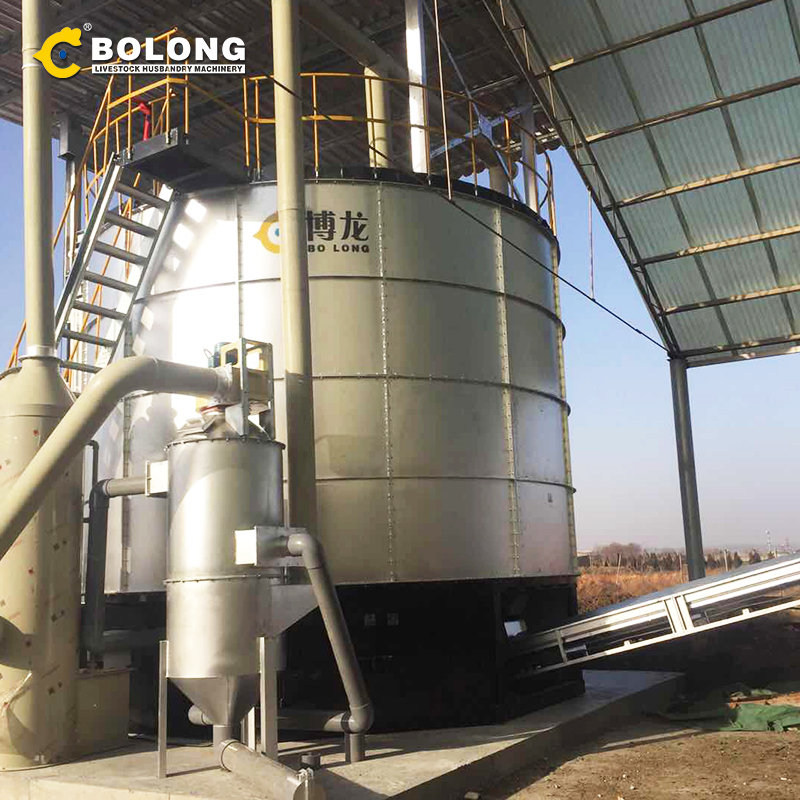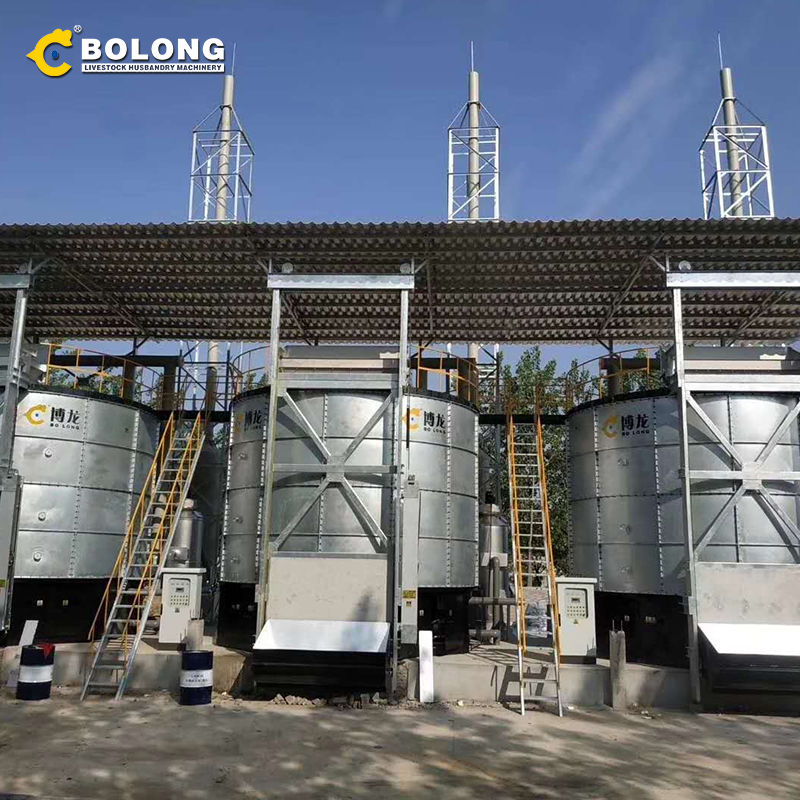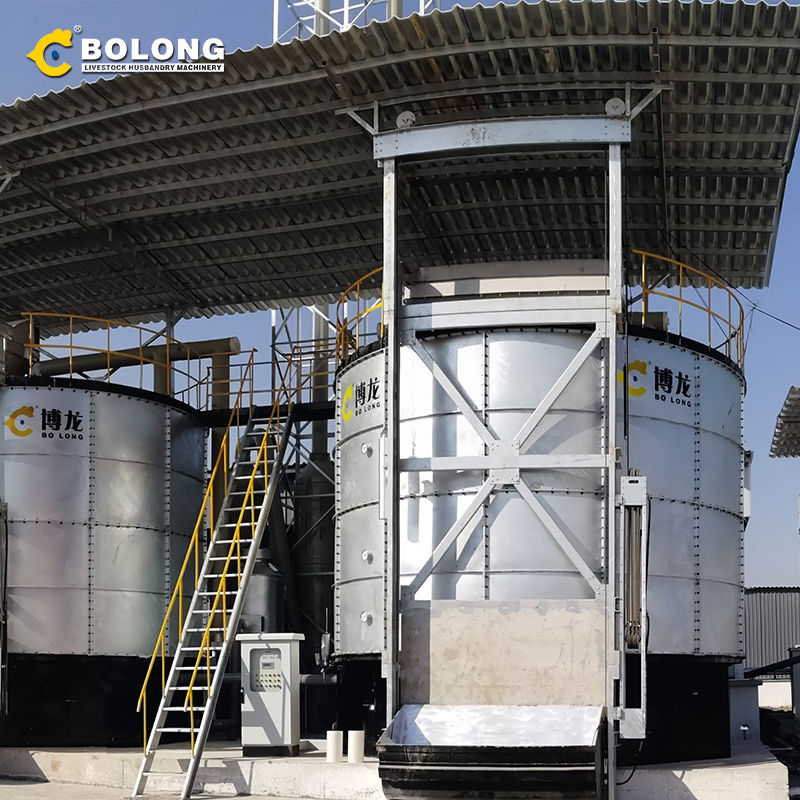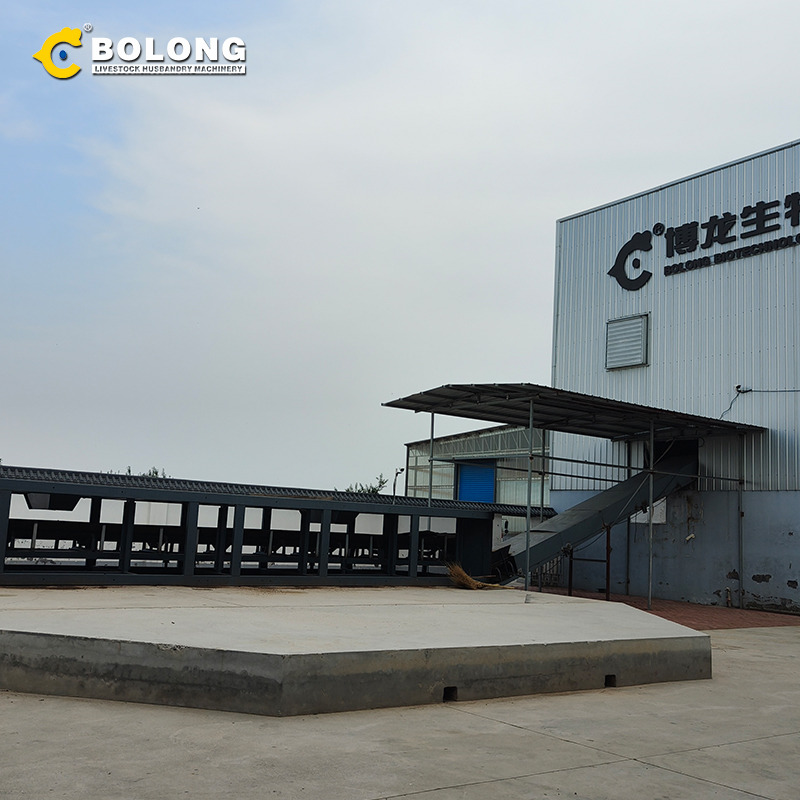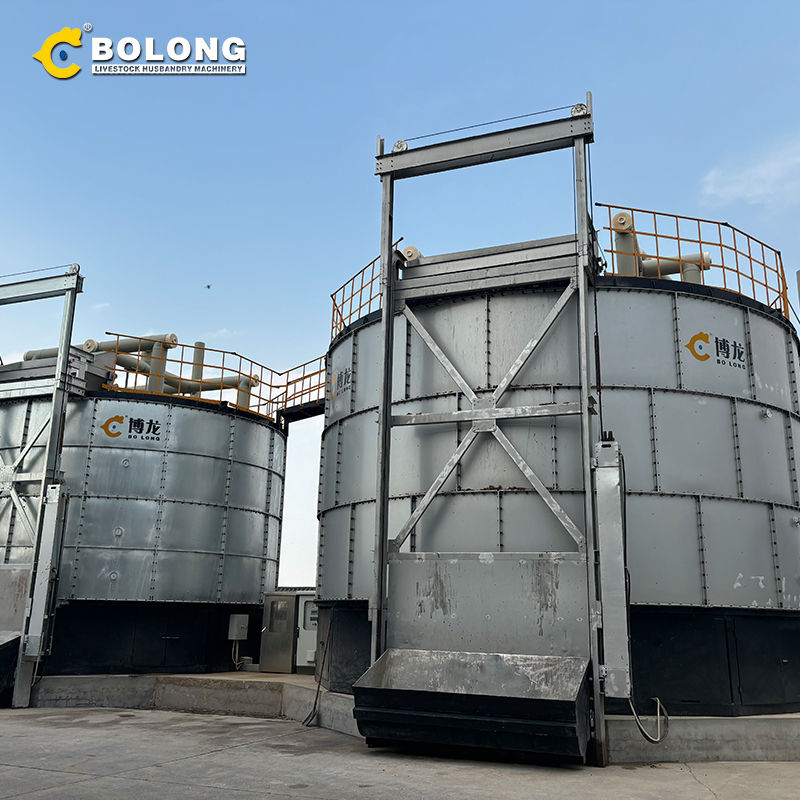Integrating Fermentation Tanks into Circular Economy Models
Introduction
The circular economy aims to maximize resource use and minimize waste. Fermentation tanks are integral to this model, converting organic waste into compost, supporting sustainable resource use.
Principles of the Circular Economy
The circular economy emphasizes reducing waste, reusing resources, and recycling materials. It aims to create a closed-loop system where waste is minimized, and resources are continually reused.
Role of Fermentation Tanks
Fermentation tanks...
MORE
